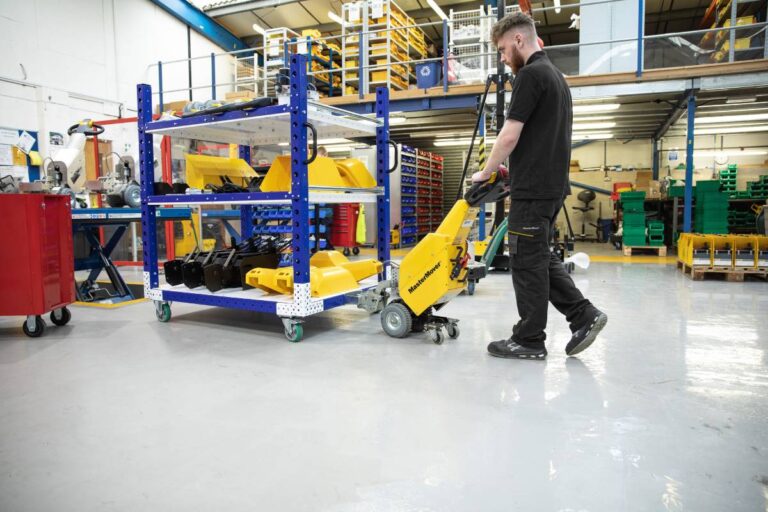In the bustling landscape of New Zealand businesses, the efficient handling of materials stands as a cornerstone of success. From warehouses to manufacturing plants, the way materials are moved, stored, and managed directly impacts productivity, safety, and ultimately, the bottom line. In this article, we’ll delve into the world of material handling, exploring tailored solutions designed to address the unique needs of businesses across New Zealand.
Understanding Material Handling Needs
In the realm of material handling, one size certainly does not fit all. Businesses vary widely in their operations, from small-scale enterprises to large corporations. Understanding the specific requirements of each business is essential in devising effective material handling strategies. This involves evaluating the types of materials being handled, the volume of throughput, spatial constraints, and budgetary considerations.
Tailored Solutions for Small Businesses
For many small businesses in New Zealand, cost-effectiveness is paramount. Fortunately, there exists a range of affordable material handling options tailored to their needs. From manual pallet jacks to simple conveyor systems, these solutions offer efficiency without breaking the bank. By streamlining processes and optimizing workflows, small businesses can maximize productivity and minimize wastage.
Advanced Material Handling Solutions
In today’s rapidly evolving technological landscape, advanced solutions are revolutionizing the field of material handling. Automation and robotics are increasingly being integrated into warehouse and manufacturing operations, offering unparalleled precision and efficiency. In New Zealand, businesses are harnessing the power of technology to streamline their material handling processes, boosting productivity and gaining a competitive edge in the market.
Safety Measures in Material Handling
Safety should always be a top priority in any material handling environment. In New Zealand workplaces, adherence to safety protocols is not just a legal requirement but a moral obligation. From proper training for employees to the use of appropriate safety equipment, businesses must take proactive measures to mitigate the risk of accidents and injuries. By fostering a culture of safety, businesses can create a work environment that prioritizes the well-being of employees.
Environmental Considerations
In an age of increasing environmental awareness, sustainable practices in material handling are gaining traction. Businesses in New Zealand are increasingly looking for ways to reduce their carbon footprint and minimize environmental impact. From utilizing eco-friendly packaging materials to implementing energy-efficient technologies, there are numerous ways to make material handling processes more sustainable. By adopting environmentally conscious practices, businesses can contribute to a greener, more sustainable future.
Case Studies: Successful Implementations
To illustrate the real-world impact of tailored material handling solutions, let’s examine some case studies of businesses in New Zealand that have achieved success through optimization. By investing in customized solutions that address their specific needs, these businesses have seen tangible improvements in efficiency, productivity, and profitability. From small startups to established enterprises, the benefits of tailored material handling solutions are clear.
Future Trends in Material Handling
Looking ahead, the future of material handling holds exciting possibilities. From the widespread adoption of IoT technologies to the emergence of fully automated warehouses, the industry is poised for significant advancements in the coming years. In New Zealand, businesses that stay ahead of the curve and embrace these innovations will be well-positioned for success in an increasingly competitive market.From the widespread adoption of IoT technologies to the emergence of fully automated warehouses, the industry is poised for significant advancements in the coming years. In New Zealand, businesses that stay ahead of the curve and embrace these innovations will be well-positioned for success in an increasingly competitive market.
Conclusion
In conclusion, effective material handling is essential for the success of businesses in New Zealand. By understanding their unique needs and investing in tailored solutions, businesses can optimize their processes, improve productivity, and gain a competitive edge. From small startups to large corporations, the benefits of efficient material handling are undeniable. By prioritizing safety, sustainability, and innovation, New Zealand businesses can pave the way for a brighter future.Read more
